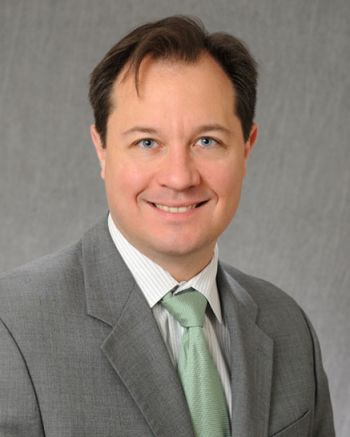
WASHINGTON (Dec. 3, 2013) – The acute care system, which includes urgent care and retail clinics, emergency departments, hospitals, and doctors’ offices, reflects the best and worst in American medicine. While acting as a safety net for the under- and uninsured, the system is also fragmented, disconnected, and costly.
In a study published today in the December issue of Health Affairs, Jesse Pines, M.D., director of the Office of Clinical Practice Innovation at the George Washington University (GW), and co-authors describe strategies to contain acute care costs without sacrificing quality.
“We are in a time of revolutionary change in medicine in this country with great focus on how the healthcare system can deliver greater value, by reducing costs and enhancing quality,” said Pines, who is also a professor of emergency medicine at the GW School of Medicine and Health Sciences and a professor of health policy at the GW School of Public Health and Health Services. “In acute care, there are many ways that we can safely reduce costs, but we have to be very careful that new policies don’t hurt patients or undermine what makes acute care medicine so accessible and life-saving – specifically, care delivered in emergency departments.”
The authors suggest that providers and organizations can reduce demands for acute care through public health measures and educational initiatives. However, it will also be necessary to change providers’ behavior, through the development of care pathways, providing feedback, and other tactics. The authors maintain that fee-for-service payment with new incentives based on resource and quality measures that are yet to be developed is the only feasible approach to paying for acute care.
The study, titled “Strategies for Integrating Cost-consciousness Into Acute Care Should Focus on Rewarding High-value Care,” is published as part of December’s thematic Health Affairs issue, “Mission Versus Reality in Emergency Care.”
Pines will present his paper at a Health Affairs forum on Dec. 4 at the National Press Club.


